
The recent apology issued by Russian President Vladimir Putin regarding the tragic Azerbaijan Airlines plane crash has raised numerous questions about the underlying motives behind his statement. This incident, which occurred on Christmas Day, resulted in the loss of thirty-eight lives and has led to ongoing investigations into the circumstances surrounding the crash.
Table of Contents
🛬 The Incident Overview
Putin’s apology comes in the wake of a deadly plane crash in Kazakhstan, where a commercial jet tragically went down while attempting to land in Chechnya. The Kremlin leader expressed condolences but notably refrained from admitting any responsibility for the disaster. This lack of accountability is particularly striking given that a US official indicated that Russian air defenses may have mistakenly identified the aircraft as a Ukrainian drone.
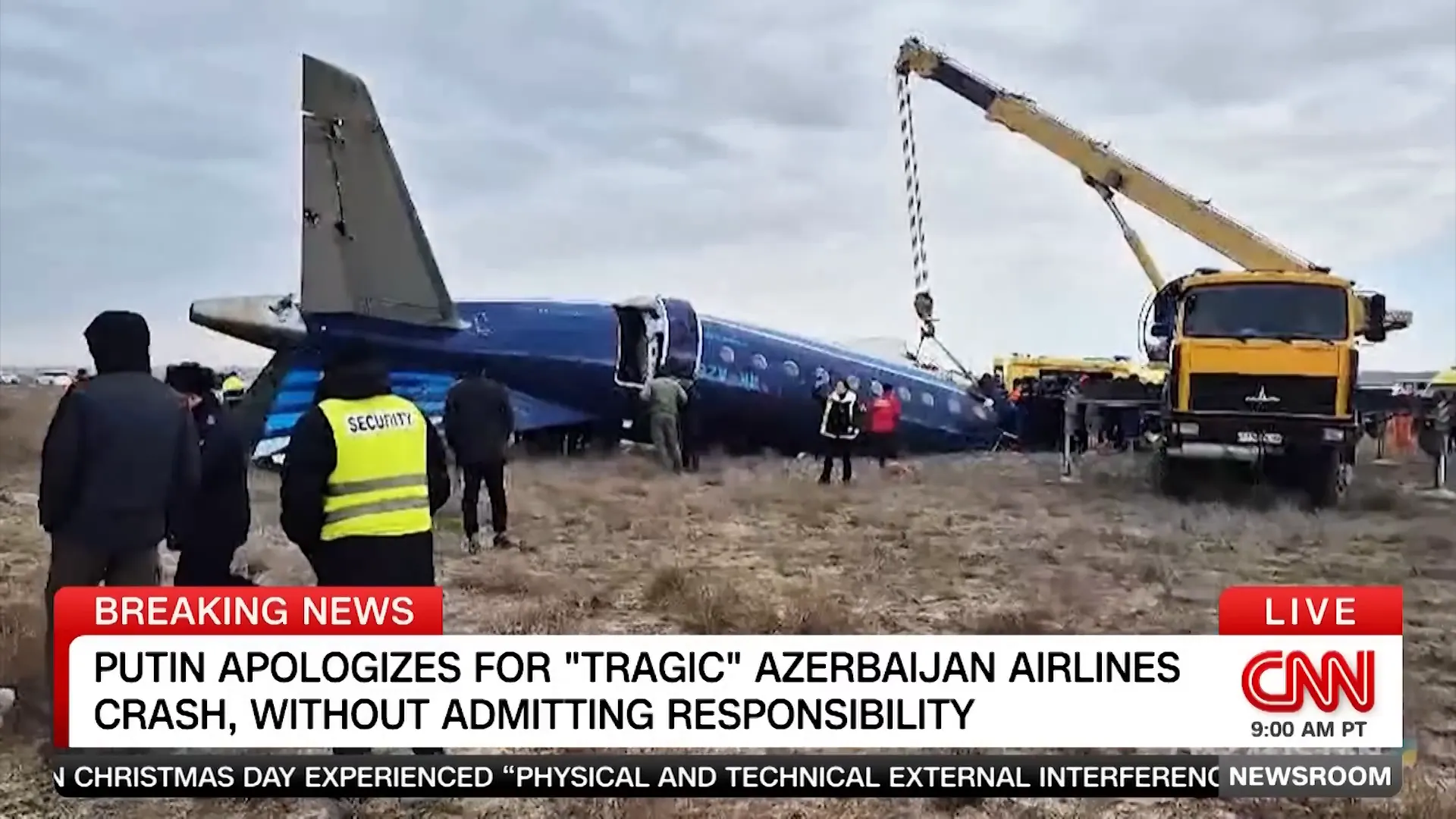
🔍 Investigations Underway
As investigations unfold, a key point of inquiry is whether Russian anti-aircraft systems targeted the plane. Azerbaijani officials have confirmed that they believe the aircraft faced external interference, leading to questions about the actions of Russian air defenses at the time. Putin’s acknowledgment that these systems were active during the flight’s approach adds another layer of complexity to the situation.
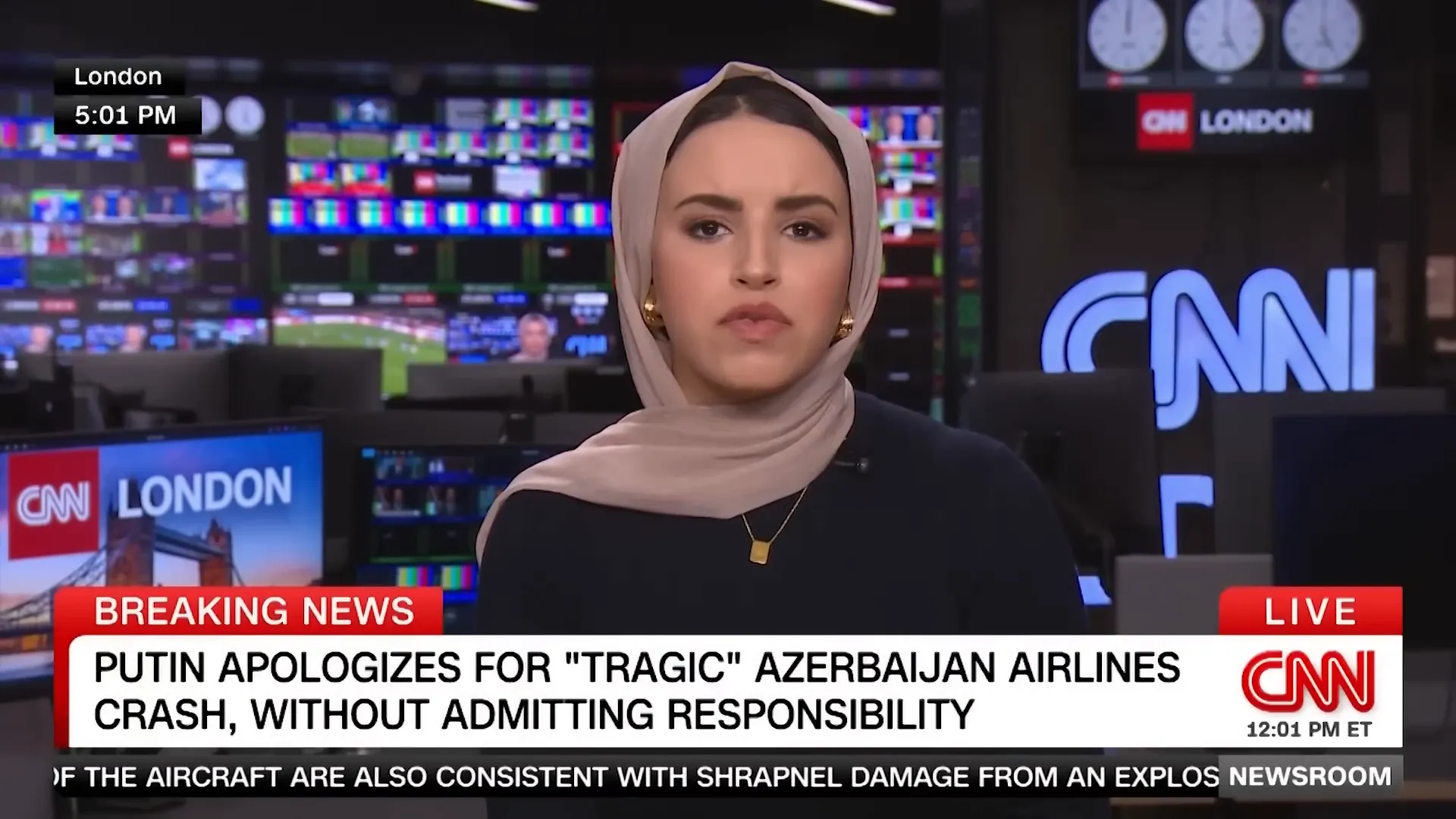
📉 Evidence and Survivor Accounts
There is a wealth of evidence surrounding the crash, including two recovered black boxes that will provide crucial flight data and cockpit recordings. Additionally, firsthand accounts from survivors paint a harrowing picture of the final moments of the flight, with some passengers reporting a loud bang and erratic behavior from the aircraft prior to the crash.

📝 Putin’s Strategic Apology
CNN global affairs analyst Kim Dozier suggests that Putin’s apology is strategic, likely motivated by the overwhelming evidence available, including human intelligence and video evidence from the scene. This contrasts sharply with the Kremlin’s response to the 2014 MH17 disaster, where they employed a strategy of denial and disinformation.
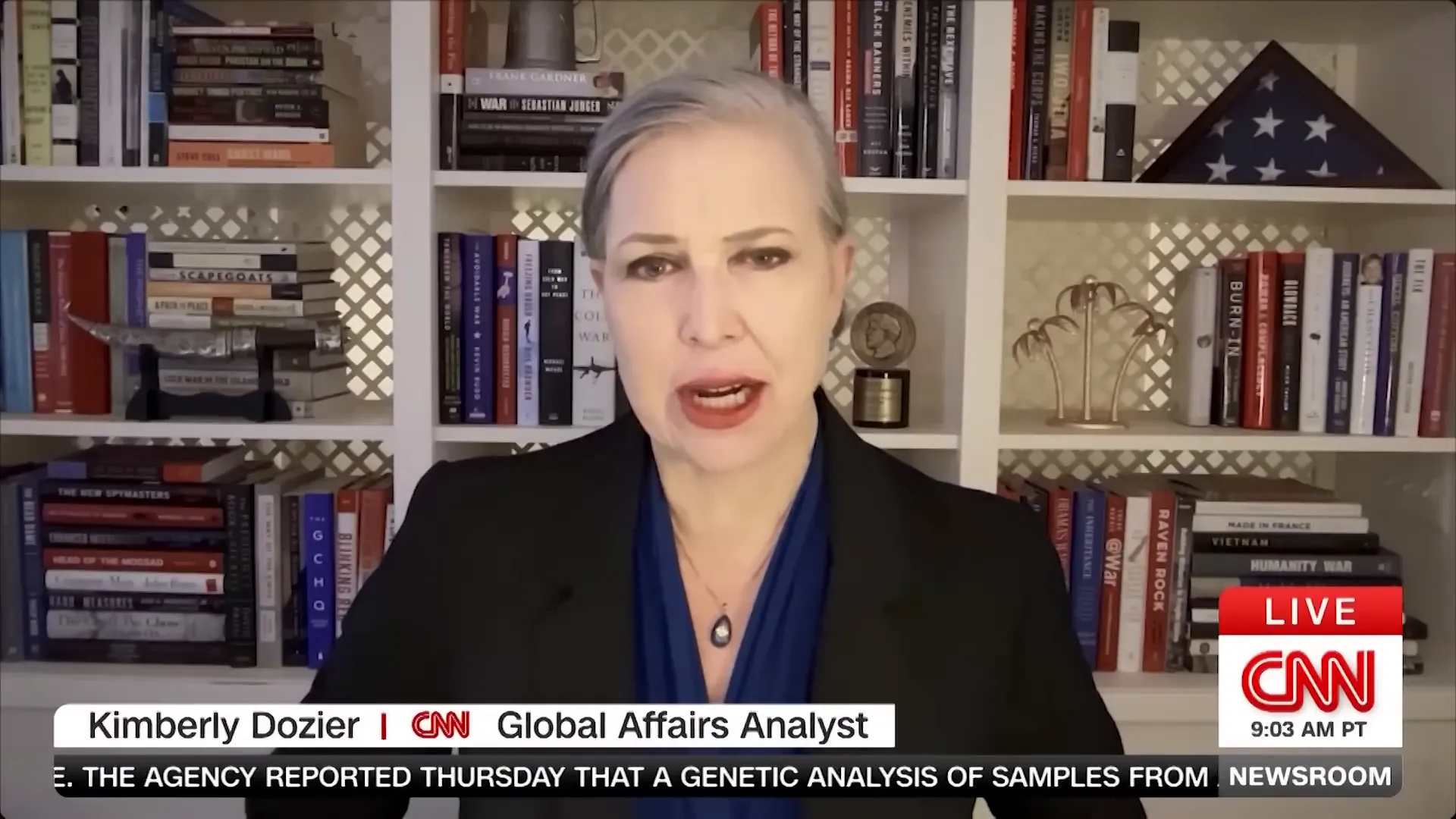
🛡️ Blame Game: Russia vs. Ukraine
In her analysis, Dozier indicates that Putin may be attempting to shift the blame onto Ukraine, framing the incident as a tragic consequence of Ukrainian aggression. This narrative aligns with a broader strategy of portraying Russia as a victim in the geopolitical landscape, a tactic that has resonated with some political factions in the West.
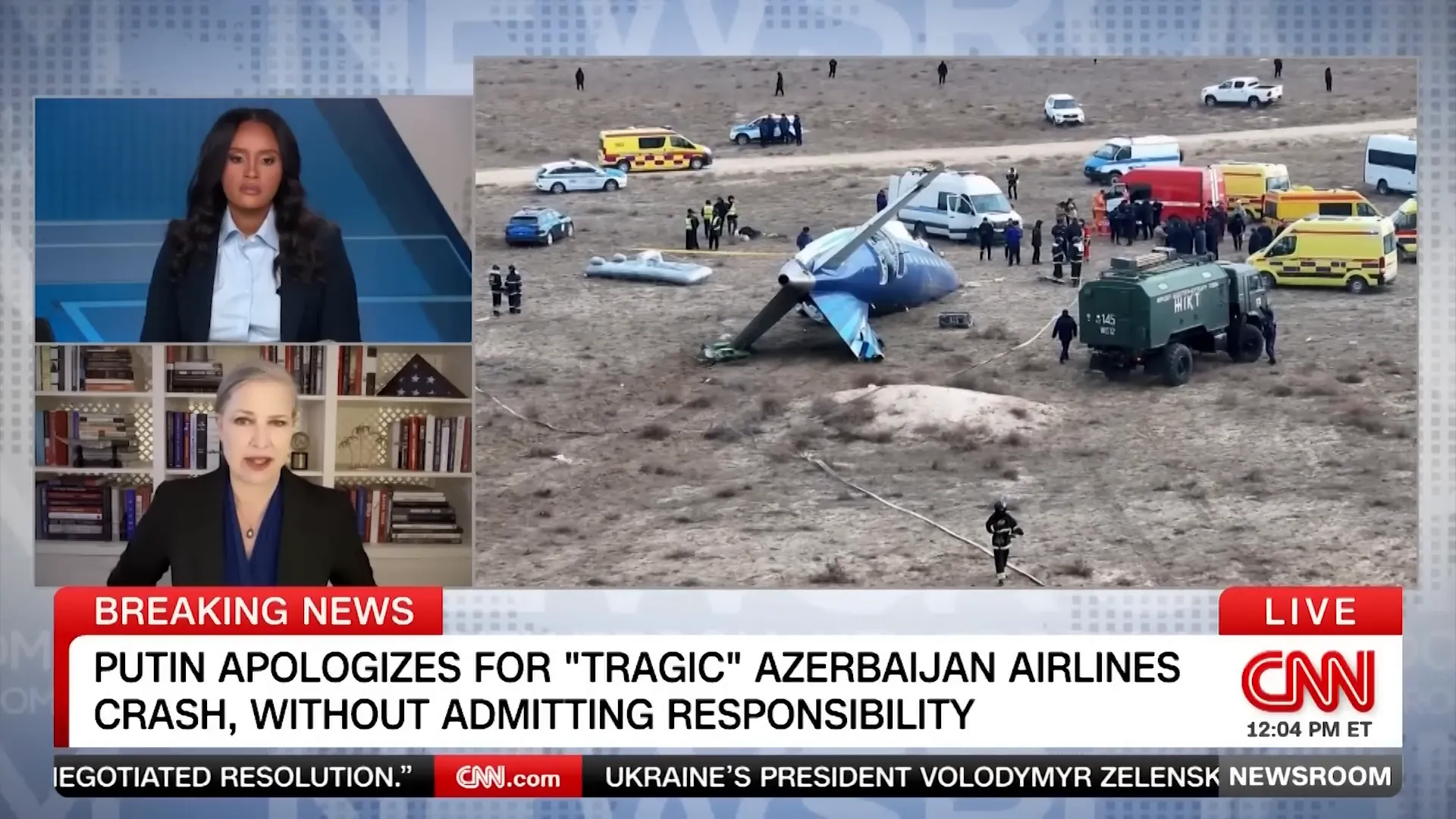
⏳ The Road Ahead
The investigation into the plane crash is still in its early stages, and it could take weeks to fully assess the data from the black boxes. The Kazakh government has established a commission to oversee the investigation, and the outcome will be closely monitored both regionally and internationally.
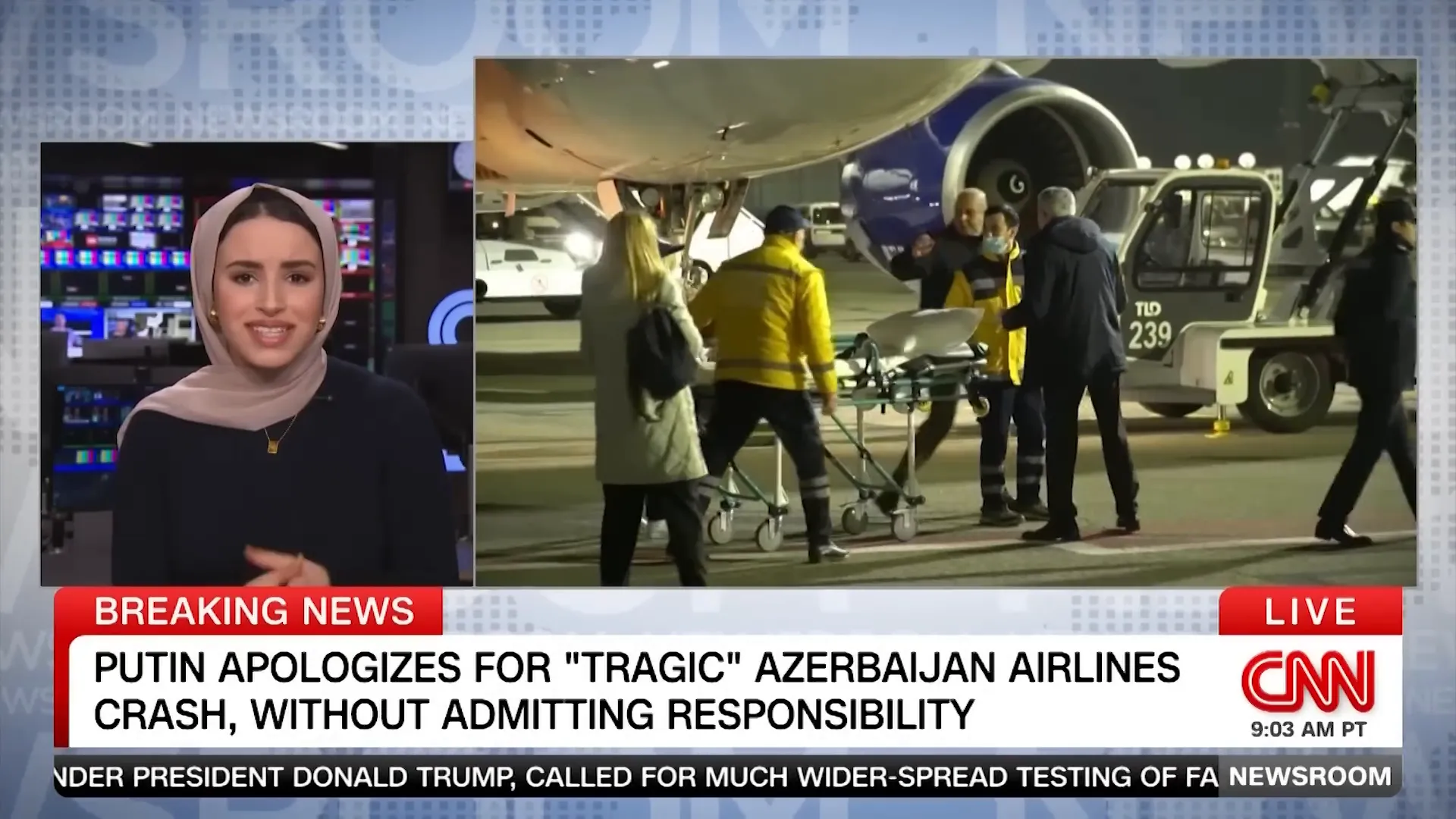
❓ Frequently Asked Questions
- What caused the plane crash? The investigation is ongoing, with various theories being explored, including potential targeting by Russian air defenses.
- How many people survived the crash? At least twenty-nine out of sixty-seven passengers survived, with some reported to be in serious but stable condition.
- What has been Putin’s response? Putin issued an apology for the incident but did not take responsibility, suggesting a potential shift of blame towards Ukraine.
📰 Conclusion
As the investigation continues, the world watches closely, eager to understand the full story behind this tragic plane crash. Putin’s apology, while a step towards accountability, raises further questions about the political motivations at play and the future implications for Russian-Ukrainian relations.

